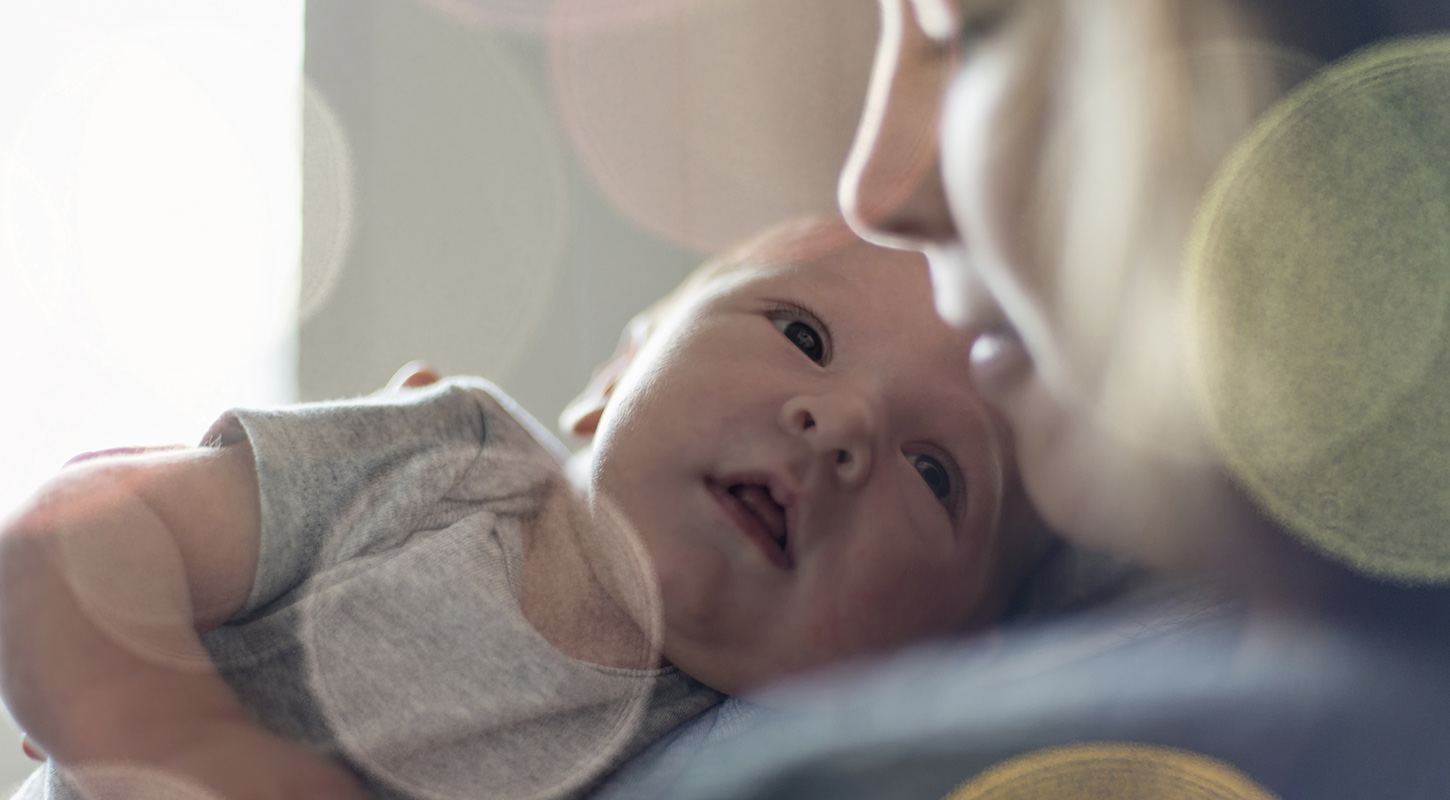Newborn Screenings: Why Your Little One Needs Them

Newborn screening tests are extremely important – they look for rare but serious conditions in babies that are typically not apparent after birth. While the required screenings vary by state, most run a variety of blood tests, a hearing test, and heart defect screenings. Because many of these issues aren’t visible at birth, having these tests can help doctors determine any necessary steps that need to be taken for treatment before the issue becomes more serious. In honor of Newborn Screening Awareness Month, learn more about what these screenings entail and why they are so important.
When Do Newborn Screenings Occur?
After you give birth, the staff will perform the required screenings on your baby before you leave the hospital. Depending on how long you’re in the hospital and which state you live in, you might be asked to come back for additional or repeated tests in a few weeks – some conditions don’t show symptoms until a few days after birth. After the blood tests are completed, they will be sent to a lab for analysis. Your doctor will reach out to you personally if there are any issues that show up during testing.
What Tests Are Performed?
Depending on which state you live in, certain tests may or may not be performed. It’s important to make sure you know what your area screens for so you can determine if you’d like any additional testing done. You’ll want to consider family history, disorders your previous babies have had, and any other special risk factors.
The core disorders that are tested for include:
- Organic acid metabolism disorders
- Fatty acid oxidation disorders
- Amino acid metabolism disorders
- Hemoglobin disorders
- Lysosomal storage disorders
- Congenital hypothyroidism
- Biotinidase deficiency
- Galactosemia
- Hearing loss
- Cystic fibrosis
- Severe combined immunodeficiency
- Critical congenital heart disease
- Adrenal gland disorders
Most states now test for 31 main disorders, but you can find the complete list by your state here.
Will My Baby Be in Pain?
A parent’s biggest concern about newborn testing is often whether or not the tests will hurt a newborn. While the blood test will involve being pricked by a needle, only one is required to test for all possible issues. The remainder of the screenings will not cause your baby any pain. Many babies sleep right through them at this stage and do not experience much, if any, discomfort.
What if the Test Comes Back Positive?
In most cases, newborn screenings don’t discover any issues – in fact, the vast majority of screenings come back normal. However, if there is an issue it is much better to find out as soon as possible so it can be treated appropriately. Many of the conditions can be addressed by a specific diet or medication plan. Depending on your baby’s specific screening results, your doctor can answer any of the questions you might have and provide you with information on what steps to take next.
Find out more about the core disorders tested for in most states and speak with your doctor to determine any additional tests you might want to request depending on your family history.
